Gender: Male - Starting with G
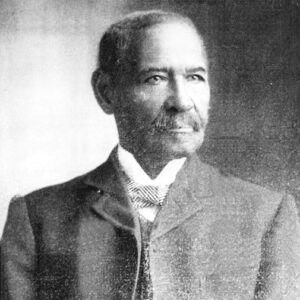 Mifflin Gibbs
Mifflin Gibbs
Gibbs, Mifflin Wistar
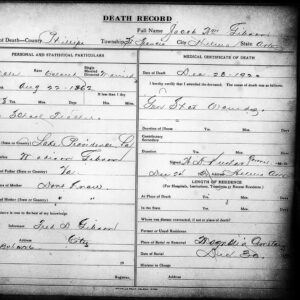 Gibson Death Record
Gibson Death Record
Gibson, Henry C.
Gibson, Herbert Richard (H. R.)
Gibson, J. W. (Murder of)
Gibson, Lorenzo
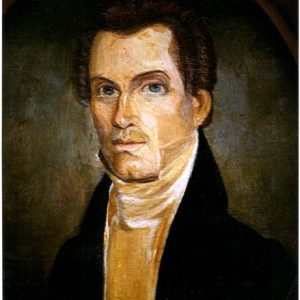 Lorenzo Gibson
Lorenzo Gibson
Gifford (Lynching of)
Gilbert, Cass
Gilbert, John (Lynching of)
Giles, Albert
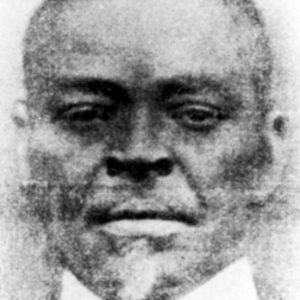 Isaac Gillam
Isaac Gillam
Gillam, Isaac Taylor
Gillem, Alvan Cullem
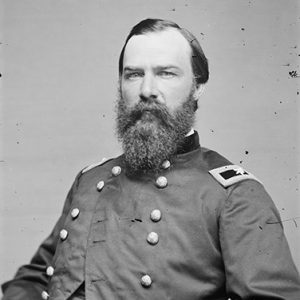 Alvan C. Gillem
Alvan C. Gillem
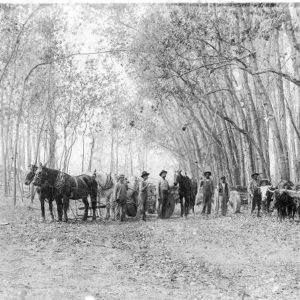 Gillett Logging
Gillett Logging
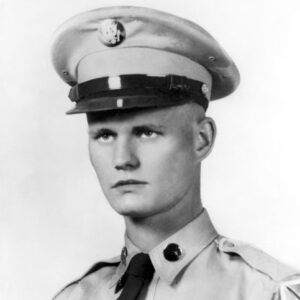 Charles Gilliland
Charles Gilliland
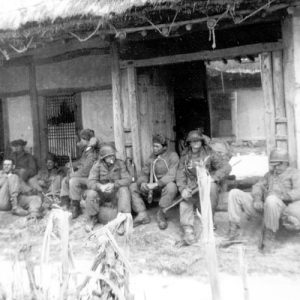 Charles Gilliland
Charles Gilliland
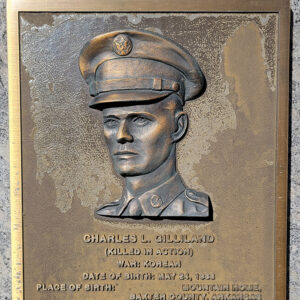 Charles L. Gilliland Plaque
Charles L. Gilliland Plaque
Gilliland, Charles Leon
Gilmore, Felix (Lynching of)
Ginnaven, Robert Addison (Bob)
Ginocchio, Frank Joseph
Glascock, Darrell
Glass, Joe
Glaze, Thomas Arthur (Tom)
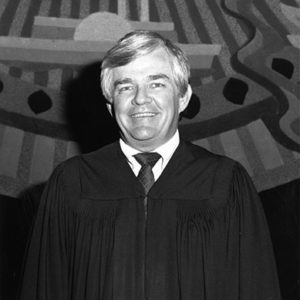 Tom Glaze
Tom Glaze
Gleason, George
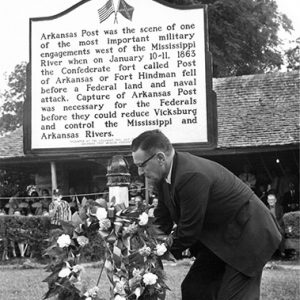 Dr. Harold V. Glenn
Dr. Harold V. Glenn
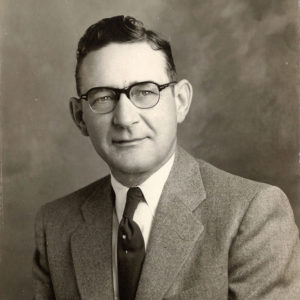 H. V. Glenn
H. V. Glenn
Glenn, Harold Virgil
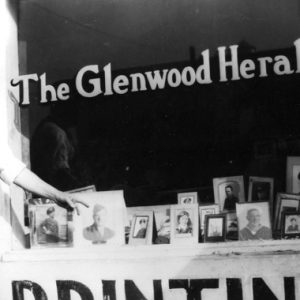 Glenwood Newspaper
Glenwood Newspaper
Glory, Doghead (Execution of)
Glosson, Lonnie
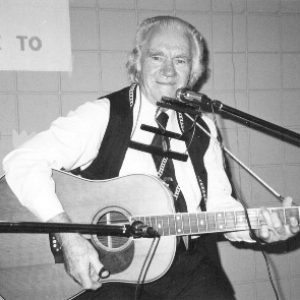 Lonnie Glosson
Lonnie Glosson
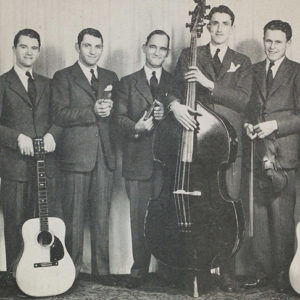 Lonnie Glosson Band
Lonnie Glosson Band
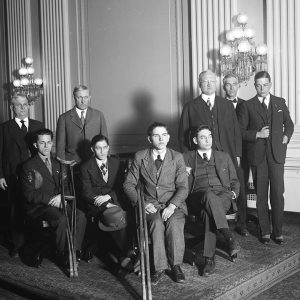 D. D. Glover and Committee
D. D. Glover and Committee
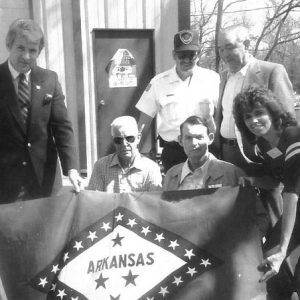 Bobby Glover
Bobby Glover
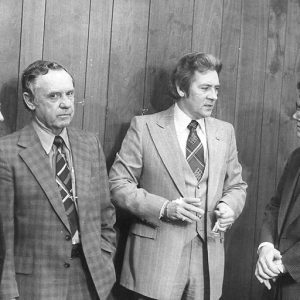 Bobby Glover
Bobby Glover
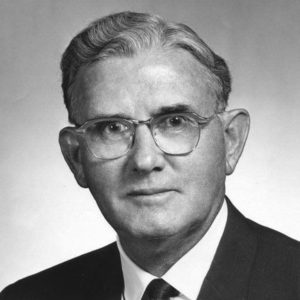 Conrad Glover
Conrad Glover
Glover, D. D.
aka: David Delano Glover
Glover, Henry Bernard
Gober, Hershel Wayne
Goff, “Tuffy”
aka: Findley Norris Goff
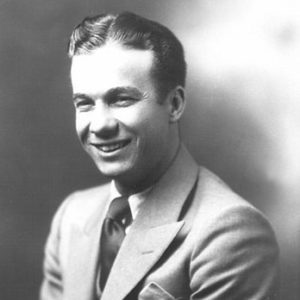 Norris Goff
Norris Goff
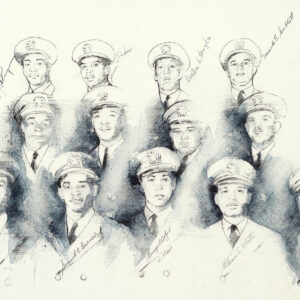 The Golden Thirteen
The Golden Thirteen
Good Government Committee (Little Rock)
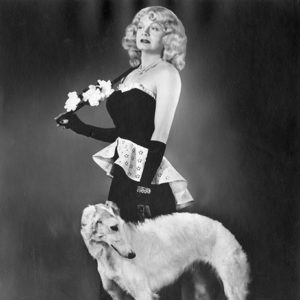 Harvey Goodwin
Harvey Goodwin




